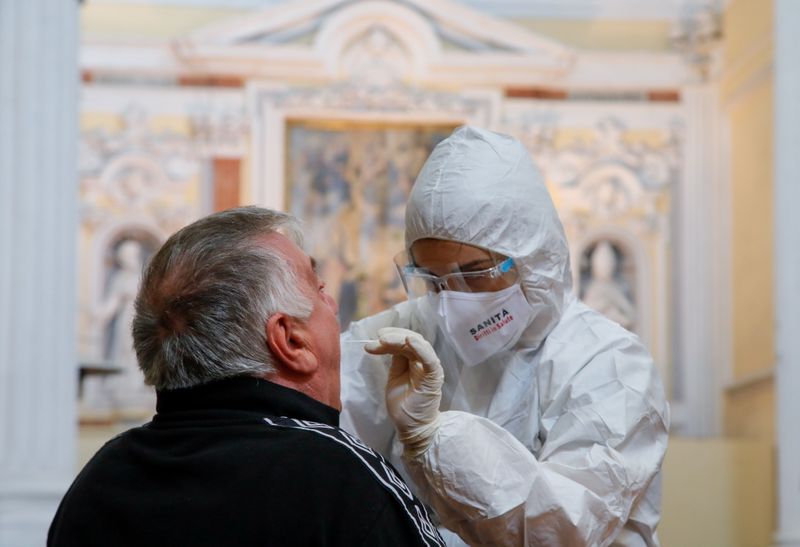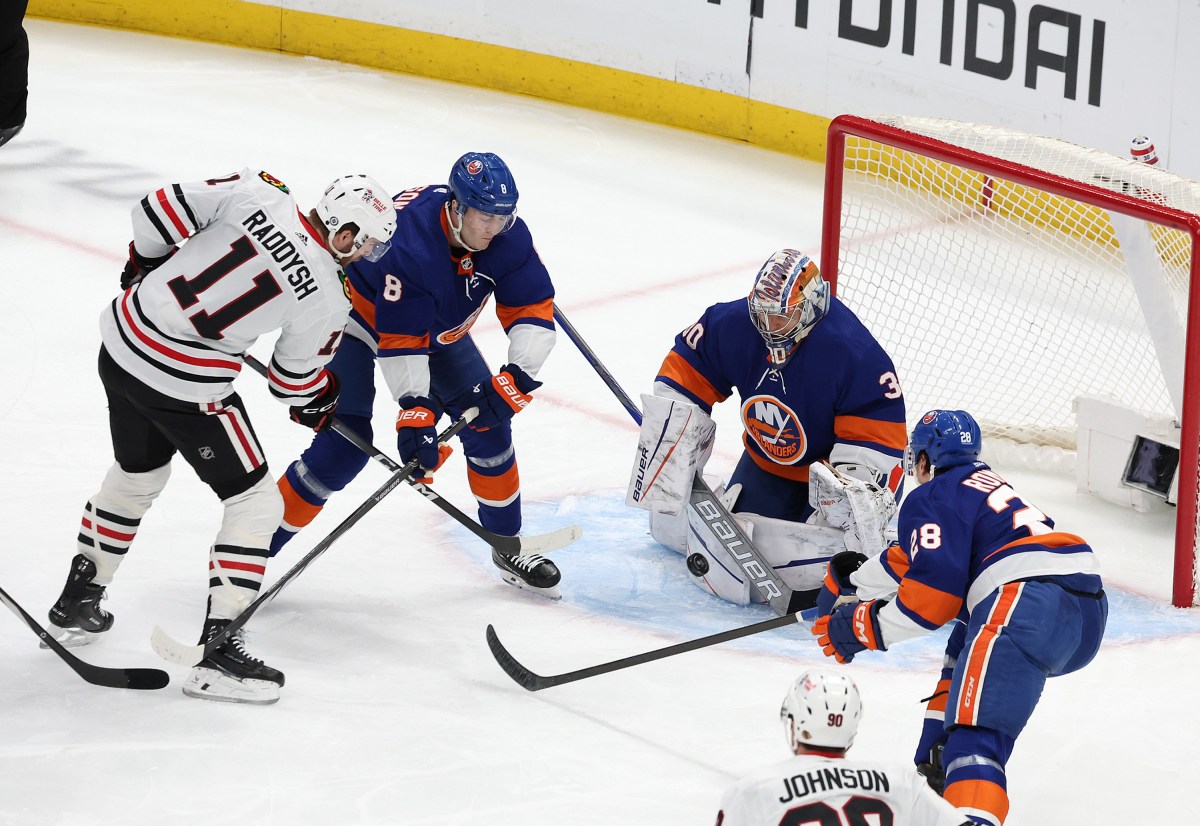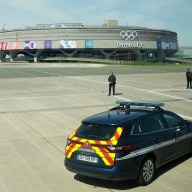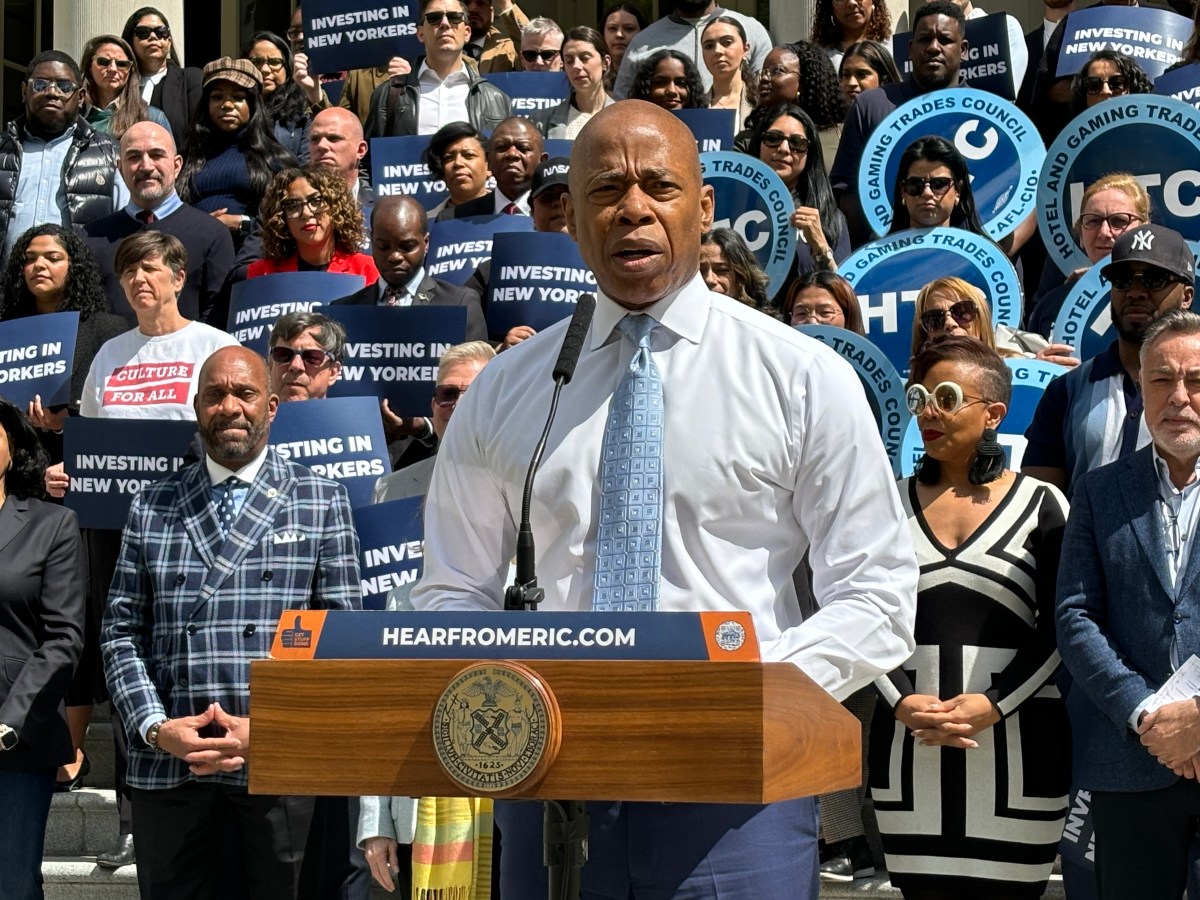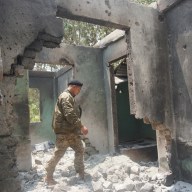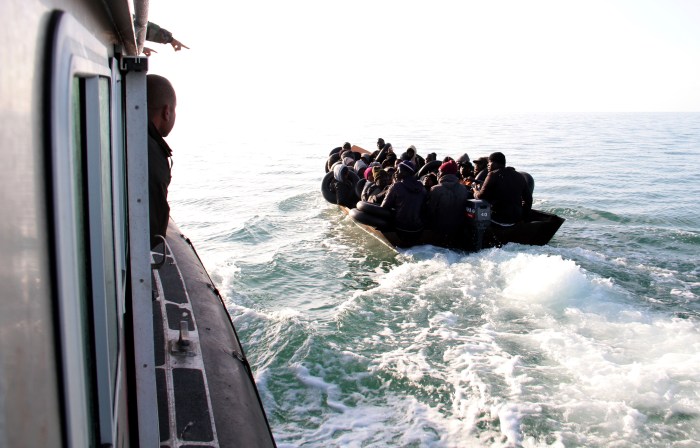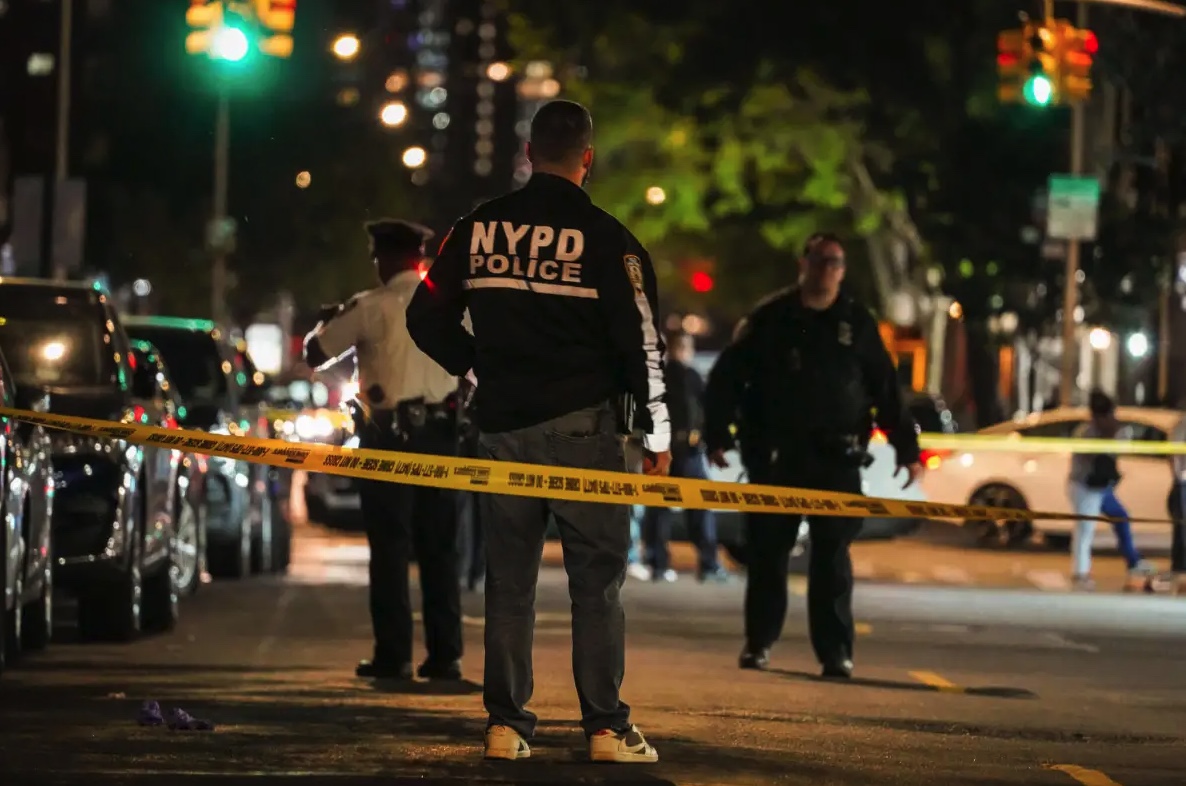ROME (Reuters) – Prime Minister Giuseppe Conte warned Italians on Thursday they would have to shun “hugs and kisses” at Christmas to help contain the coronavirus, as the country struggles to curb a surge in deaths and infections.
Italy registered 36,176 new cases and 653 COVID-related fatalities over the past 24 hours with the northern Lombardy region, centred on the financial capital Milan, once again bearing the bulk of the contagion.
Many Italian regions are under partial lockdown to try to slow the outbreak, with restrictions due to stay in place until at least Dec. 3.
Shopkeepers and restaurateurs are pinning their hopes on a revival of business around the normally busy Christmas period to revive their battered fortunes, but Conte said in a speech there would be no return to normal anytime soon.
“We will have to spend the festivities in a more sober way. Big parties, kisses and hugs will not be possible, this would mean an abrupt rise in the (infection) curve in January,” he said, adding: “We hope that we can still buy and exchange gifts.”
Italy has seen 47,870 COVID-19 deaths since its outbreak emerged in February, the second highest toll in Europe after Britain’s. It has also recorded 1.309 million cases.
The number of excess deaths leapt in October, with the mortality rate more than 20% higher in a string of major cities across the country by comparison to the average of the previous five years, health ministry data released on Thursday showed.
COVID-related deaths have more than doubled in November by comparison with October, hitting a high of 753 on Nov. 18.
Italy managed to beat back the first wave of the epidemic in the spring thanks to a rigid, nationwide lockdown between March and April, and removed most restrictions before the summer as cases steadily decreased.
However, autumn has brought a resurgence of infections and while the initial outbreak was largely confined to the north, the second wave has hit almost every region hard, stretching the health service to breaking point.
(Reporting by Angelo Amante; Editing by Crispian Balmer)

